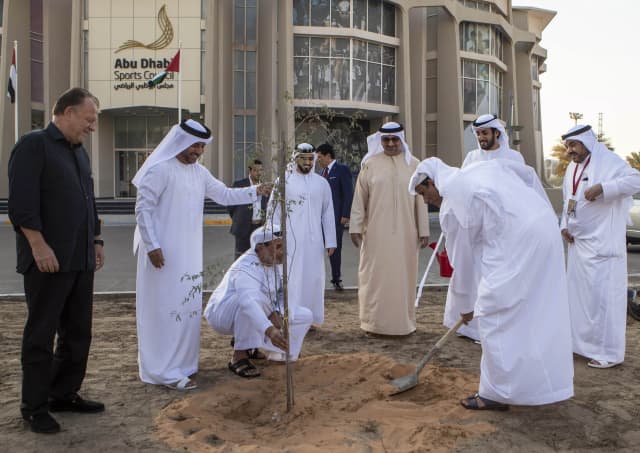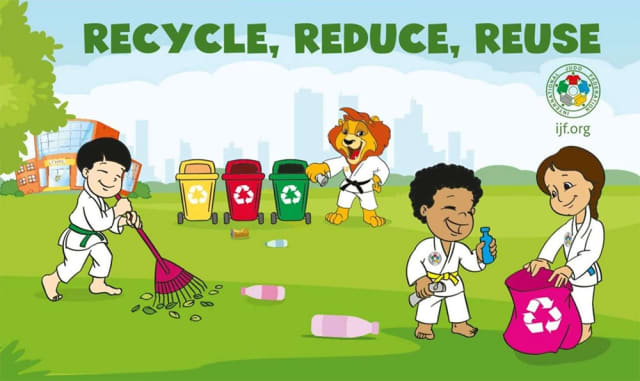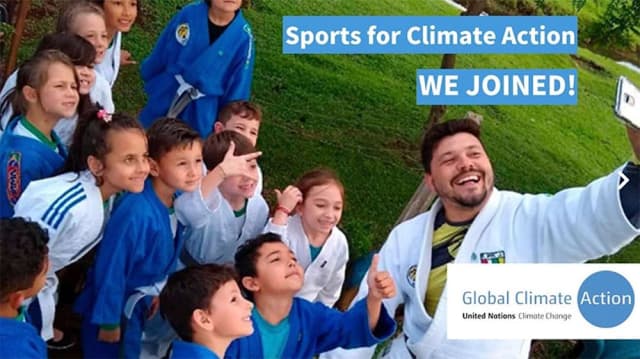The global sports industry is calling on governments and institutions to recognise sport as a strategic partner for climate action. From Olympic champions to local clubs, from international federations to grassroots volunteers, the message is clear: no m-one wins on a dead planet.
Sport has the power to reach billions. It captures imagination, inspires effort and connects generations. The same teamwork that drives athletes to victory can unite communities in tackling the climate emergency. As the recent Sports for Climate Action Communiqué declares, “We now face our greatest opponent: climate change. To win, we need every player on the field.”
Across the world, sport is already changing. Stadiums powered by renewable energy, low-carbon travel initiatives and environmental education projects are setting new standards for sustainable practice. Yet, as leaders emphasise, genuine transformation requires partnership. Sport must be woven into national and local climate strategies, not as an afterthought, but as an engine for awareness, innovation and collective mobilisation.
The International Judo Federation: Leading by Example
Among those championing this vision is the International Judo Federation, an early signatory of the United Nations Sports for Climate Action Framework. For the IJF, sustainability is not a slogan but a natural extension of the sport’s founding values: respect, harmony, discipline and mutual welfare.
For years, the IJF has embedded environmental responsibility within its activities, from waste reduction and responsible travel initiatives to reforestation programmes and renewable energy adoption. The federation has demonstrated that sport can serve both as a classroom and a catalyst for change.
A cornerstone of this work is the IJF Green Dojo initiative, a global programme encouraging dojos to adopt sustainable practices. From energy-efficient lighting and recycling systems to reduced water consumption and eco-friendly materials, Green Dojo empowers clubs worldwide to become models of environmental stewardship. Each dojo that earns the label becomes a small but vital hub of awareness and education within its community.
Later this month, in parallel with COP30 in Brazil, the IJF will launch a new sustainability activation programme in partnership with the Brazilian Judo Federation. The project will connect climate education with physical activity, reflecting judo’s core principle, ‘mutual welfare and benefit,’ and demonstrate how collective action can drive environmental change.
IJF President Marius Vizer reminds the judo community that sustainability is not an option but a duty, “Judo teaches us balance with ourselves, with others and with nature. Through our sport, we must show that respect is not only a value on the tatami but a responsibility toward the planet we share.”
Judo Is Ready
The message from sport’s climate leadership is one of unity. Whether through cycling, football or judo, the reality is the same: the climate crisis is changing how we play, train and live. Judo, with its deep moral foundation and its focus on efficiency and respect, offers a model of thoughtful action in an era that demands both courage and care.
The final words of the communiqué capture this spirit perfectly, “The world knows what teamwork can achieve. Let’s play to win. The moment for decisive action is here. Sport is ready.”






